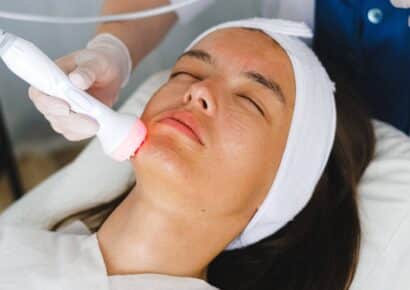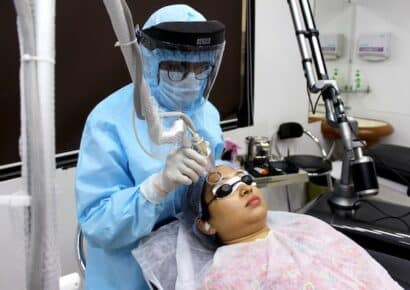Course Overview
A Diploma in Medical Trichology is a specialized training program that focuses on the study of trichology, which is the branch of dermatology that deals with the scientific study of hair and scalp disorders. This diploma program aims to provide individuals with the knowledge and skills necessary to diagnose, treat, and manage various hair and scalp conditions.
Here are some key aspects typically covered in a Diploma in Medical Trichology:
- Anatomy and Physiology of Hair and Scalp: Comprehensive understanding of the structure, growth cycle, and functions of hair and scalp. This includes studying the different layers of the hair shaft, hair follicles, sebaceous glands, and blood supply to the scalp.
- Hair Disorders and Diseases: In-depth knowledge of various hair disorders, including alopecia (hair loss), dandruff, scalp infections, scalp psoriasis, seborrheic dermatitis, and other conditions that affect the hair and scalp. Students learn to identify the signs and symptoms, understand the underlying causes, and develop appropriate treatment plans.
- Trichological Examination and Diagnosis: Learning how to perform a thorough examination of the hair and scalp, including scalp analysis, hair pull tests, hair microscopy, and trichoscopy. Students acquire skills to diagnose hair and scalp conditions accurately.
- Trichological Treatments and Therapies: Understanding different treatment options for hair and scalp disorders. This may include medical management with topical and systemic medications, hair transplantation techniques, laser therapy, scalp microneedling, platelet-rich plasma (PRP) therapy, and other emerging trichological treatments.
- Nutritional and Lifestyle Factors: Recognizing the impact of nutrition and lifestyle choices on hair health. Students learn about the role of vitamins, minerals, proteins, and other nutrients in maintaining healthy hair, as well as the influence of stress, hormonal imbalances, and environmental factors on hair growth.
- Patient Counseling and Education: Developing effective communication skills to counsel patients on hair care practices, lifestyle modifications, and treatment expectations. This includes addressing concerns, providing support, and explaining treatment plans in a clear and empathetic manner.
- Trichological Research and Professional Development: Encouraging students to stay updated with the latest research and advancements in the field of trichology. This may involve reviewing scientific literature, attending conferences or workshops, and engaging in continuous professional development.
- Ethical and Legal Considerations: Understanding the ethical responsibilities and legal regulations associated with practicing trichology. Topics covered may include patient consent, confidentiality, professional conduct, and adherence to relevant healthcare laws and guidelines.
Graduates of a Diploma in Medical Trichology can pursue careers as trichologists, hair consultants, or specialists in hair clinics, trichology centers, or dermatology practices. They may work alongside dermatologists or independently, providing assessments, treatments, and advice to individuals dealing with hair and scalp conditions.
Eligibility
- MBBS
- BDS
- MDS
- BAMS
- BHMS
- BUMS
Instructors
- Dr. Gunjan Manchanda
– MBBS MS ENT
– Head & neck surgeon - Dr. Anjali Manchanda
– Maxillofacial and aesthetic surgeon
– Hair transplant surgeon
– Fellowship in facial aesthetics Advance injectable & body contouring (Seoul ,South Korea) - Dr. Sahiba Bawa
– Aesthetic surgeon
– Fellowship in facial aesthetics Advance injectable & body contouring (Seoul ,South Korea)
– International Board Certified Fellowship in Non surgical facial aesthetics.
– Member Abam




